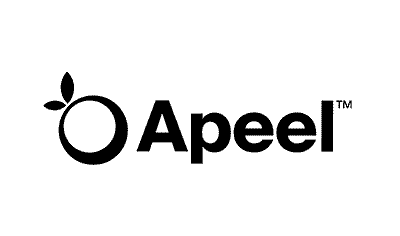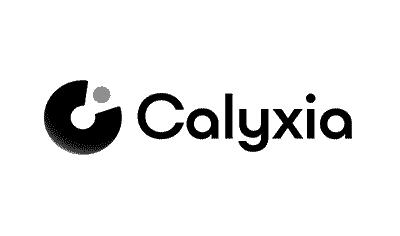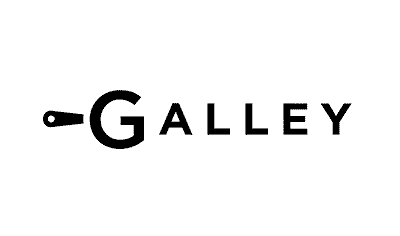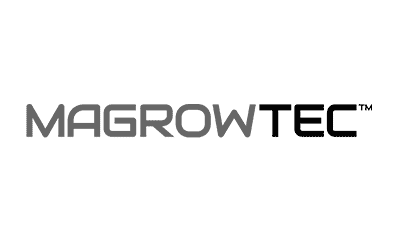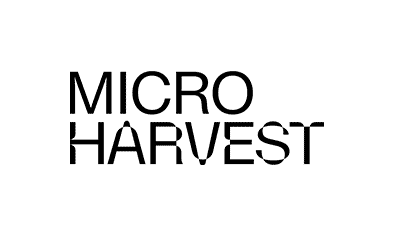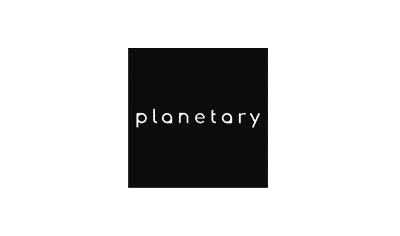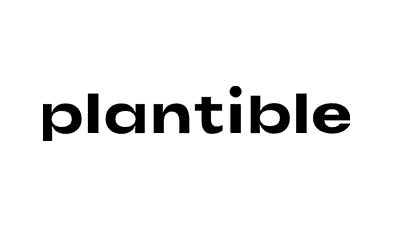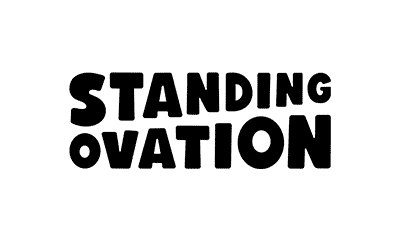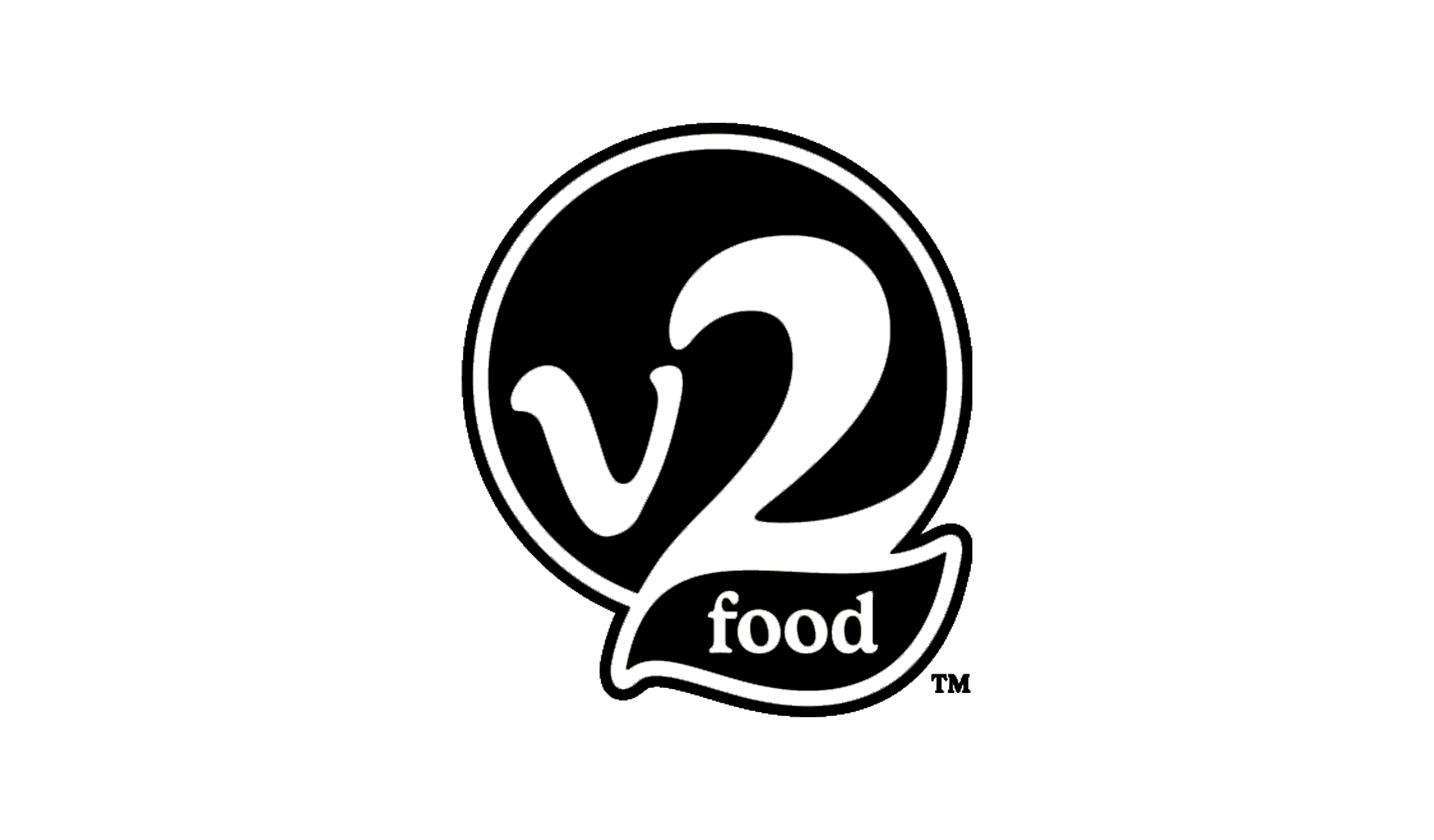Water Use
Agricultural production is both entirely dependent on freshwater resources and the largest consumer of this limited resource.
As freshwater has historically been regarded as an easily accessible and affordable resource, many agrifood processes are notoriously water inefficient, over-stressing a limited and precious resource.
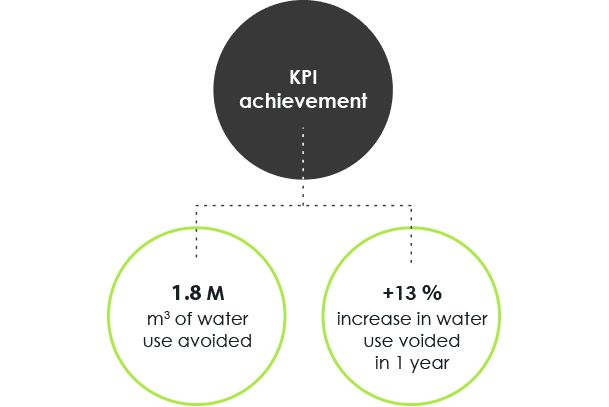
Portfolio companies addressing Water Use KPI
About
Water Use
Water is the ultimate circular natural resource. It is neither created nor destroyed but it can be misused, polluted, wasted and made inaccessible for humans and habitats. Tellingly, with water challenges posing ever increasing ecological, geopolitical, livelihood and business risks, greater international awareness on the fragile nature of this finite resource is being acknowledged.
Agriculture is by far the largest consumer of freshwater globally, accounting for 70% of freshwater use. Leaky irrigation systems, inefficient application methods and the production of water-thirsty crops in dry environments mean that 60% of this water is wasted. Predicted growth in population and income, and the resulting increased demand for agrifood products, is expected to further increase pressure on our water resources. If current patterns of irrigation, urbanization, pollution, groundwater depletion and deforestation continue, it is estimated that half of the world population could be living in water-stressed areas by 2025.
Agriculture is also one of the leading causes of wastewater generation and water degradation. Runoff containing fertilizers, pesticides and animal waste from farms and livestock operations washes nutrients and pathogens into waterways. Nutrient pollution, caused by excess nitrogen and phosphorus in water is a major threat to water quality and harmful to biodiversity and human health.
Understanding
freshwater resources

Our
Focus
Increasing the efficiency of water use and improving water recycling capacity in the agrifood industry, especially in water-stressed areas, is necessary to ensure the long-term availability of freshwater. At Astanor, we look for solutions that either increase water use efficiency or reduce water pollution and water stress, thereby ensuring that there is enough reliable, clean water for the health and livelihoods of people and natural environments.
To understand the impact of our portfolio companies, we measure how their solutions contribute to a reduction in water use. This translates into the reduction of freshwater use (e.g. innovative methods of production such as vertical farming, replacement of animal proteins with plant-based ones) or the reduction in water runoff (e.g. precision irrigation).
